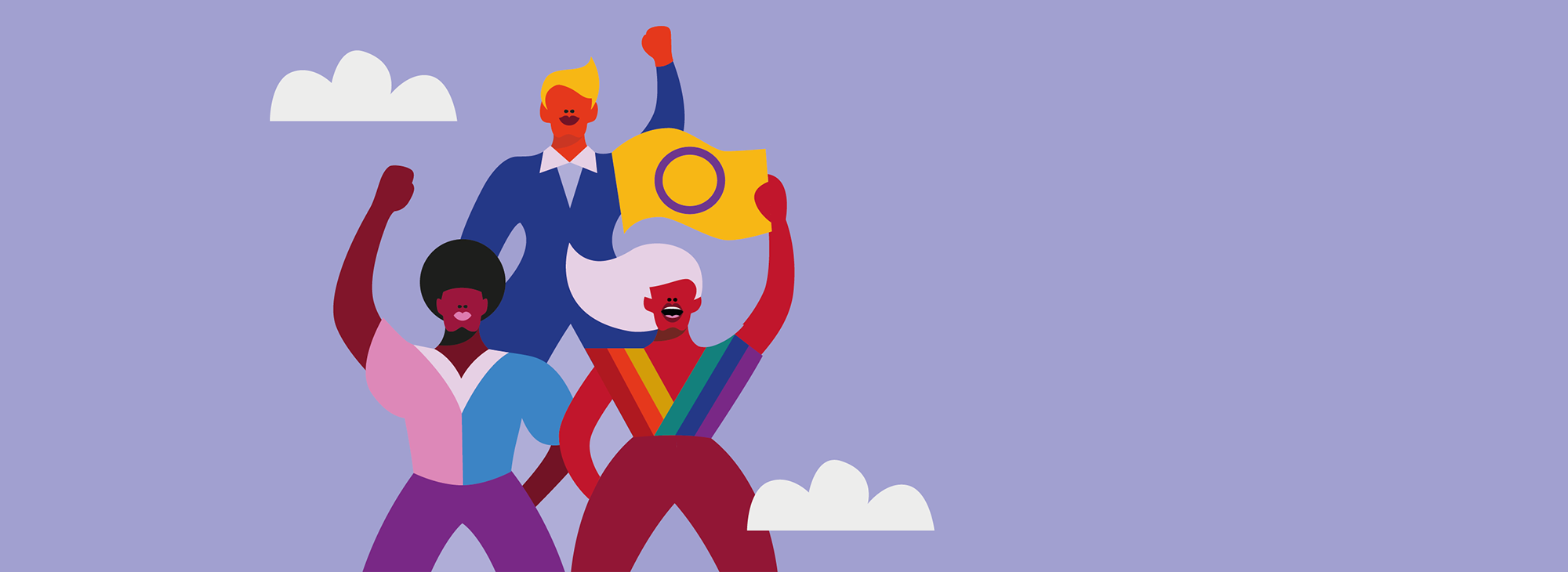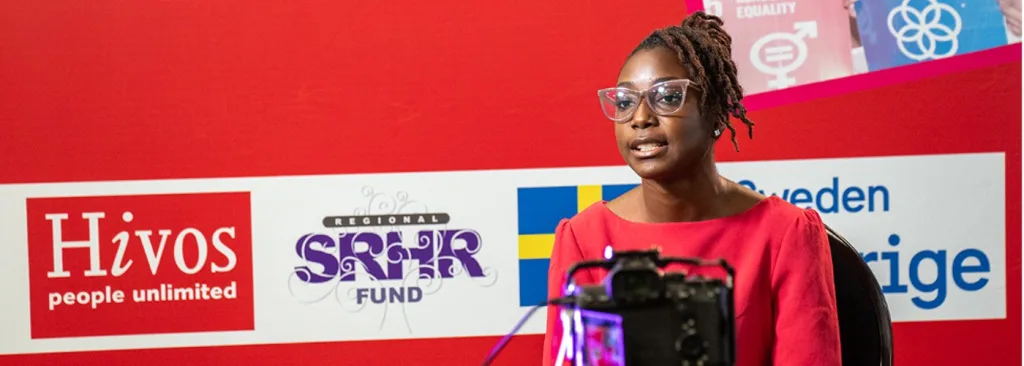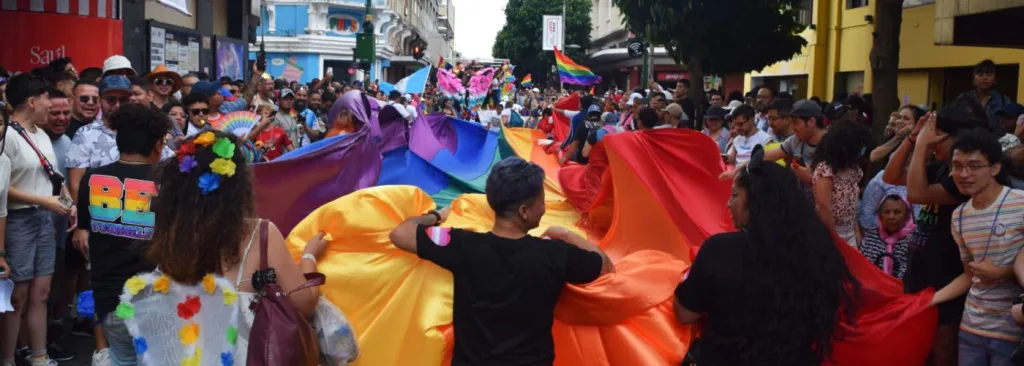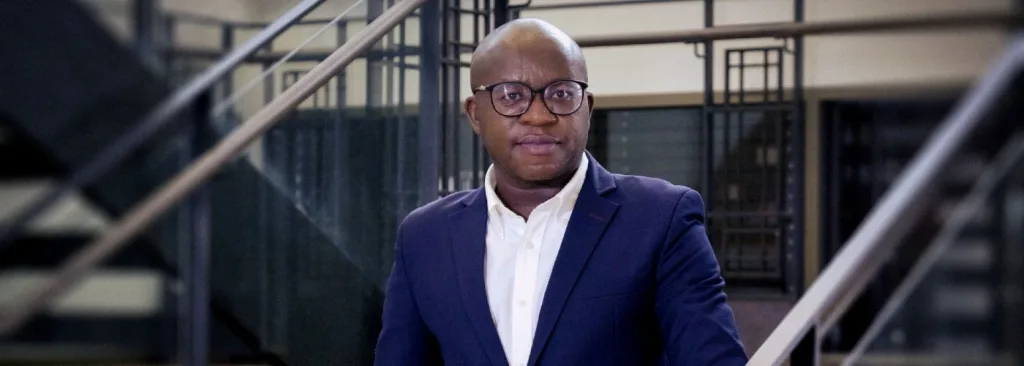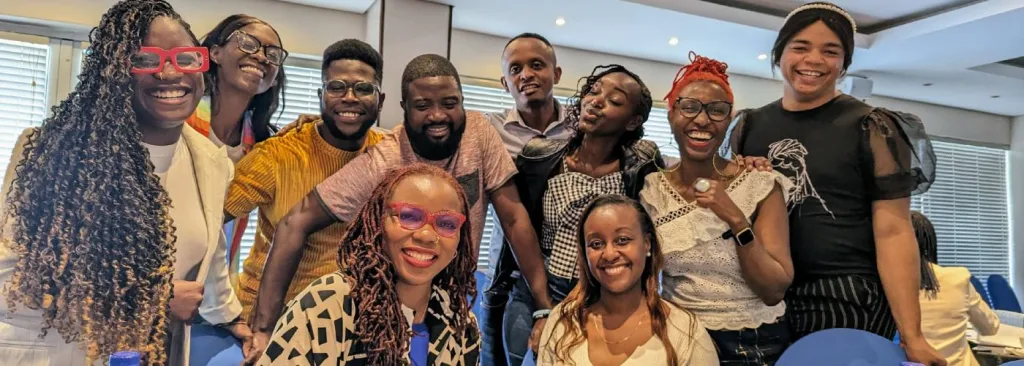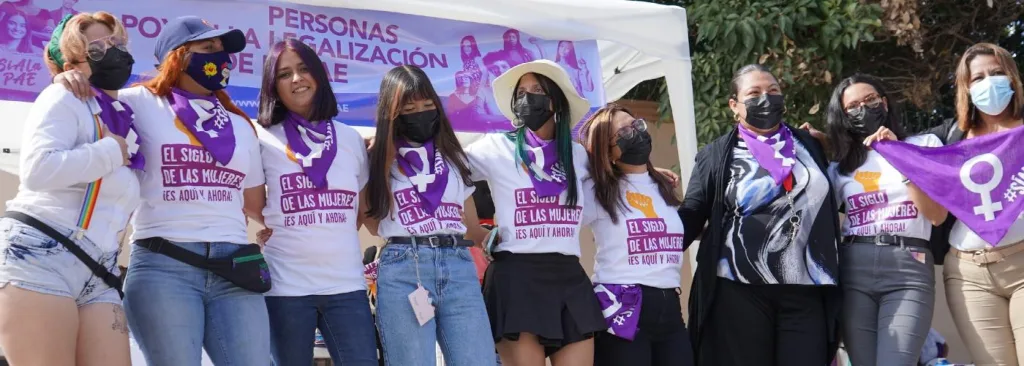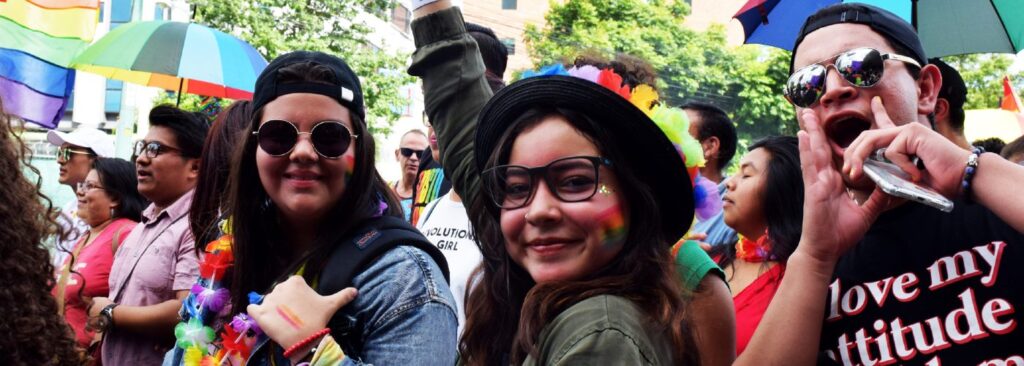Ahead of the Pan Africa ILGA (PAI) conference in Mauritius from July 31 to August 4, Hivos spoke to Nnedinma Ulanmo, speaker at PAI and partner in our program Free to be Me. In this interview, she talks about her work with WISE in Nigeria, and the similarities she saw with the queer community when she visited the Netherlands.
Nnedinma Ulanmo (40) is co-founder and executive director of the Women Initiative for Sustainable Empowerment and Equality (WISE). WISE is a lesbian, bisexual, queer and transgender organization based in Northern Nigeria.
“We are the only LBQ women’s organization in the North of Nigeria. The work we do focuses on providing voice and visibility for LBQ women. There is a general perception there are no LBQ women in (Northern) Nigeria. So, the community has to be seen to voice the injustices we face and push for positive change. WISE steps up to the task because we believe that politicians and society should listen to us.”
She added that WISE also provides practical skills training and programming around SRHR. This is very important because of the health issues prevalent in the region, especially for queer women.
Queer sexual and reproductive health and rights (SRHR)
The SRHR needs of queer women are different than those of the general population. Nnedinma explained how.
This discomfort and exclusion can make people avoid getting the care they require.
“Our research at WISE found that LBQ women do not get to speak about their physical and mental health because they’re afraid of discrimination if they speak openly. They can’t tell their health provider about their sexual orientation and consequently miss out on tailored treatment.”
“Let’s say a lesbian woman comes in to the doctor’s office to talk about painful periods. She’d prefer a different treatment than birth control pills because she’s not at risk of getting pregnant. Our SRHR system should provide affirming and accessible care for all, but we’ve seen doctors suggest having sex with her respective husband to ease menstrual pain instead.”
“I got sick a while ago and went to my doctor’s office. They kept insisting I bring my (presumably male) partner in to be treated as well. They assumed I had an STI, which I didn’t. I had to explain I hadn’t been with a man. This discomfort and exclusion can make people avoid getting the care they require. At WISE, we try to talk about SRHR in an accessible way after we learned many LBQ women in Northern Nigeria don’t actually know that much about protecting their (sexual) health.”
Economic empowerment
The prevailing legal system, customs, and religion in the country, and particularly in the North, also present obstacles for queer women, so WISE addresses them through training.
“We try to offer informal education in hands-on skills that are directly of use for participants. We ask them what they’d like to learn. One said, ‘I’d like to be a seamstress, it’s my passion but I never had the opportunity to learn.’ In our context, internships often have to be paid for by the intern, so learning practical skills is not always possible for everyone. Women said they wanted to learn baking, cooking, sewing, or just go to (high) school. Unfortunately we can’t pay for formal education for members, so we offer something we’re sure we can provide for in full.”
“Professionals volunteer at WISE and have helped us train more than 200 women in practical skills. The joy we’ve brought to local communities is something we’re very proud of. The local chiefs of villages were also delighted with our efforts. There was one who was so delighted with our work that he offered us a piece of land to build a community center. He said: ‘I see that these women will be useful for our community,’ and this was his way of giving back. The trainees formed a cooperative and now produce and sell together. They split their profits so everyone has an income. They might not be financially comfortable yet, but they’re becoming independent and have grown in their profession.“
Faith-based challenges
“Besides harmful legislation proposed by the government, we also have to contend with Sharia law (Islam is the dominant religion in the region), which has provisions to whip and kill LGBTIQ+ persons. This means we have the Nigerian police and the Hisbah (religious) police. The Hisbah interferes with people’s private lives – they even know who is still single. They’re allowed to do a whole lot more than the government-mandated police force.“
“For example, they raid your parties. Twenty women were arrested recently when they attended a gay wedding ceremony. Everyone said it was a birthday party, but the men ran away. With the Nigerian police you can secure bail, but not with the Hisbah. We worked with safety organizations to try and change this, but it will take a while before we can be safe from the police.”
Nnedinma reflects on the Netherlands
Nnedinma wants people to understand the similarity between LBQ community members, whether in Nigeria or the Netherlands.
“When I came to the Netherlands, I was shocked to see the rainbow flag just out there, on the street. This must be amazing! But community members told me that homophobic violence is on the rise in the Netherlands, and even the flags actually aren’t always safe anymore. I was shocked to learn that football fans had attacked young queers here. Although homophobia is comparatively low in the Netherlands, one can sense it. The anti-rights movement is also active here, as it seems to be everywhere.”
“I’ve also spoken to queer students from other European countries and realized that our context is in many ways similar. They might not be physically assaulted and violated, but many of them, especially youth, live in fear. Not knowing if they’d be kicked out by their family if they reveal their sexuality, or having to pretend even in their hometown, always conscious of how people might react.”
“While we in Nigeria think we’re living on a continent that is super insensitive and homophobic towards us, it’s also happening in places where we thought the situation was much better.“
At Pan Africa ILGA, Nnedinma is joining many other activists from the Free to be Me program and elsewhere to strategize for the fight ahead. Stay tuned to learn more about our efforts there!

